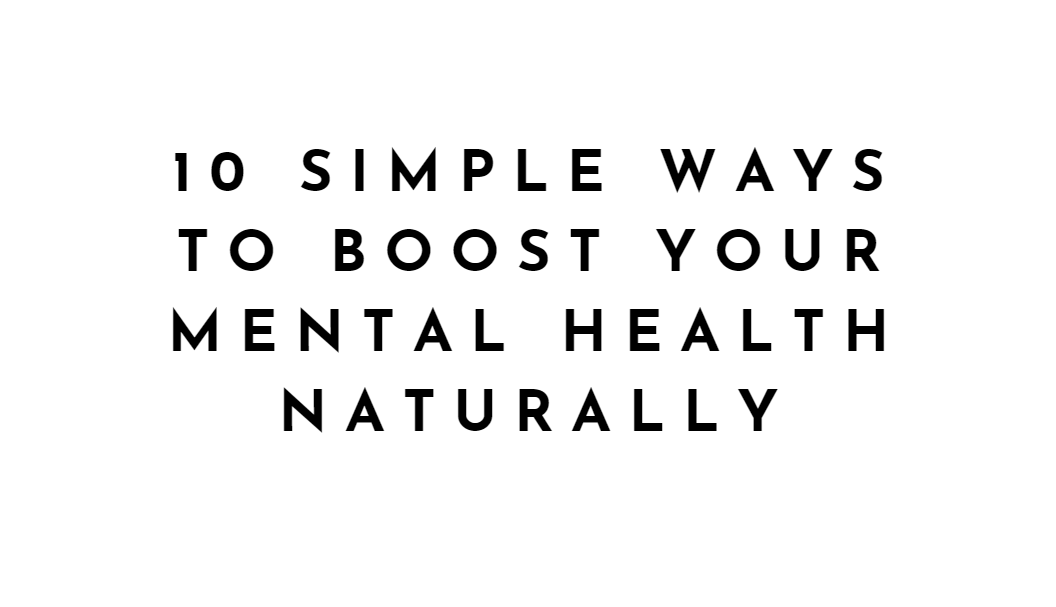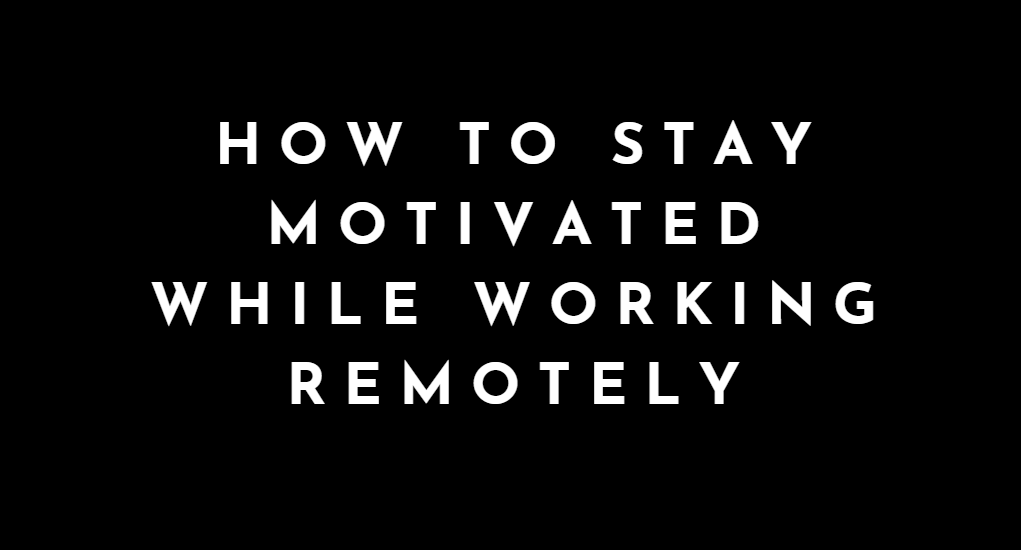Mental Health Article

10 Simple
Ways to Boost Your Mental Health Naturally
Mental health is a crucial aspect of our overall well-being, influencing how we think, feel, and act. In today’s fast-paced world, it’s more important than ever to prioritize our mental health. Fortunately, there are many natural ways to enhance our mental well-being without relying solely on medication. Here are ten simple strategies to help you boost your mental health naturally.
1. Practice Mindfulness
Mindfulness involves being present in the moment and fully engaging with your thoughts and feelings without judgment. Research shows that mindfulness can significantly reduce stress and anxiety. Simple practices like deep breathing, meditation, or even mindful walking can help you cultivate a sense of calm. Try setting aside just a few minutes each day to focus on your breath or engage in a guided meditation.
2. Stay Active
Physical activity is a powerful tool for improving mental health. Exercise releases endorphins, the body’s natural mood lifters. Whether it’s a brisk walk, a yoga session, or a dance class, find an activity you enjoy and make it a regular part of your routine. Aim for at least 30 minutes of moderate exercise most days of the week to reap the mental health benefits.
3. Connect with Nature
Spending time outdoors can have a profound impact on your mental well-being. Nature has a calming effect and can help reduce feelings of stress and anxiety. Take a walk in a local park, hike in the woods, or simply sit in your garden. Engaging with nature can help you feel more grounded and connected to the world around you.
4. Maintain a Balanced Diet
What you eat can significantly affect your mood and mental health. A balanced diet rich in fruits, vegetables, whole grains, and lean proteins can provide the nutrients your brain needs to function optimally. Foods high in omega-3 fatty acids, such as salmon, walnuts, and flaxseeds, are particularly beneficial for mental health. Consider keeping a food diary to track how different foods affect your mood.
5. Get Enough Sleep
Sleep is essential for mental clarity and emotional regulation. Lack of sleep can lead to irritability, anxiety, and difficulty concentrating. Aim for 7-9 hours of quality sleep each night. Establish a calming bedtime routine, limit screen time before bed, and create a comfortable sleep environment to improve your sleep hygiene.
6. Foster Social Connections
Strong social connections are vital for mental well-being. Engaging with friends and family can provide emotional support and reduce feelings of loneliness. Make an effort to reach out to loved ones regularly, whether through phone calls, video chats, or in-person visits. Joining community groups or clubs can also help you meet new people and build a supportive network.
7. Limit Screen Time
Excessive screen time, especially on social media, can negatively impact mental health. It can lead to feelings of inadequacy, anxiety, and depression. Set boundaries for your screen time by designating specific hours for social media use and taking regular breaks from screens. Instead, engage in activities that promote real-life connections and personal growth.
8. Engage in Hobbies
Hobbies provide a sense of purpose and joy, which can significantly enhance your mental health. Whether it’s painting, gardening, playing an instrument, or cooking, find activities that you are passionate about and make time for them regularly. Engaging in hobbies can help you relax, express yourself, and boost your self-esteem.
9. Practice Gratitude
Gratitude practices can shift your focus from what you lack to what you have, fostering a more positive outlook on life. Consider keeping a gratitude journal where you write down three things you are thankful for each day. This simple practice can help you cultivate a mindset of appreciation and improve your overall mental well-being.
10. Seek Professional Help When Needed
If you find yourself struggling with your mental health, don’t hesitate to seek professional help. Therapy or counseling can provide valuable support and guidance. Many resources are available, including online therapy options, community mental health centers, and hotlines. Remember, seeking help is a sign of strength, not weakness.
Conclusion
Boosting your mental health naturally is achievable with simple lifestyle changes. By incorporating these ten tips into your daily routine, you can enhance your well-being and cultivate a more positive mindset. Start small, and don’t hesitate to share your experiences with others. Together, we can create a supportive community focused on mental health and well-being.
References
1. American Psychological Association. (n.d.). Mindfulness. Retrieved from APA
2. National Institute of Mental Health. (n.d.). Exercise and Mental Health. Retrieved from NIMH
3. Harvard Health Publishing. (2020). The Importance of Sleep. Retrieved from Harvard Health
By implementing these strategies, you can take proactive steps toward improving your mental




